New Orleans, Louisiana, USA, 21 January 1858
“I am astonished more and more at the stupid extravagance…
Fashion rules so absolutely…
The people in the house would lend me any amount of flower garden bonnets if I would but go out in them.
This is so like the Americans…
They are generous and kind but will not let you go your own way.“
(Barbara Leigh Smith Bodichon, An American Diary: 1857 – 1858)
Landschlacht, Switzerland, 25 January 2017
There is something quite attractive at times about cutting oneself apart from all contact with the media, for catching up on the latest news in a newspaper or online often upsets me.
Reading Monday’s International New York Times:
“No, I’m not over it.
On Election Day I felt as though I had awakened in America and gone to sleep in Ecuador, or maybe Belgium.

Above: The flag of Ecuador
Or Thailand, or Zambia, or any other perfectly nice country that endures the usual ups and downs of history as the years pass, headed towards no particular destiny.
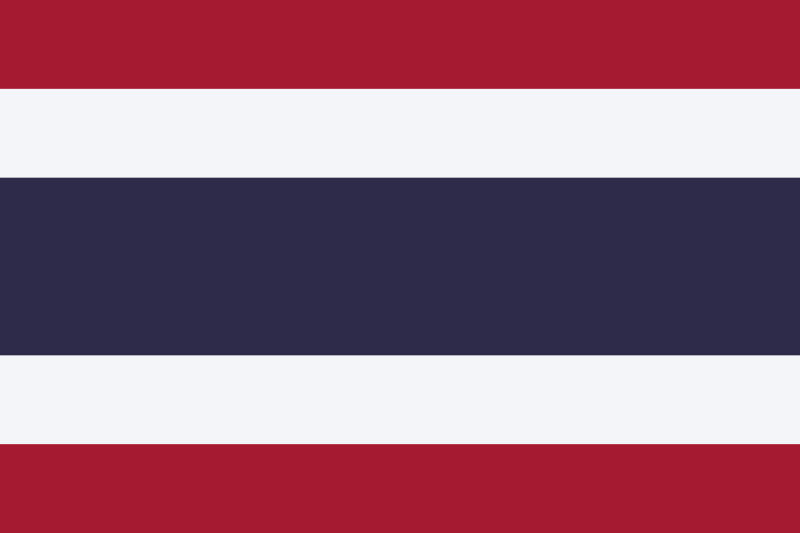
Above: The flag of Thailand
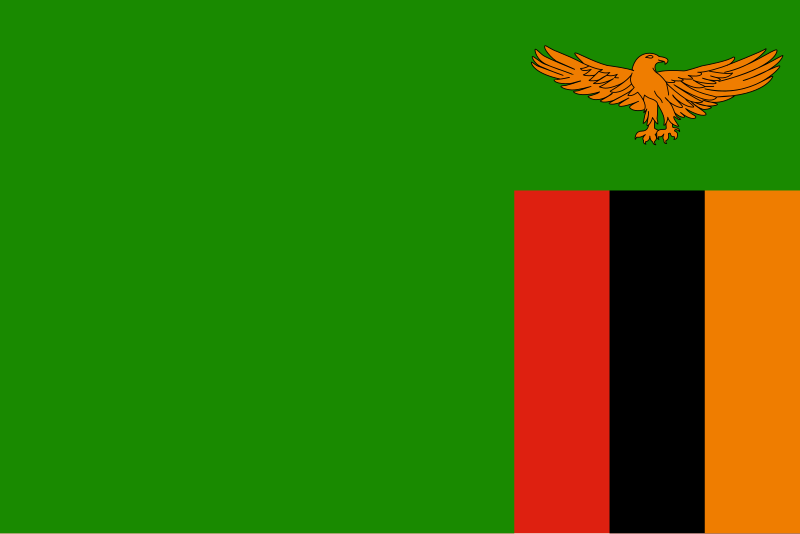
Above: The flag of Zambia
It´s different here, or at least it was.
America was supposed to be something, as much a vision as a physical reality, from the moment that John Winthrop, evoking Jerusalem, urged the Massachusetts Bay Colony to “be a city upon a hill”.
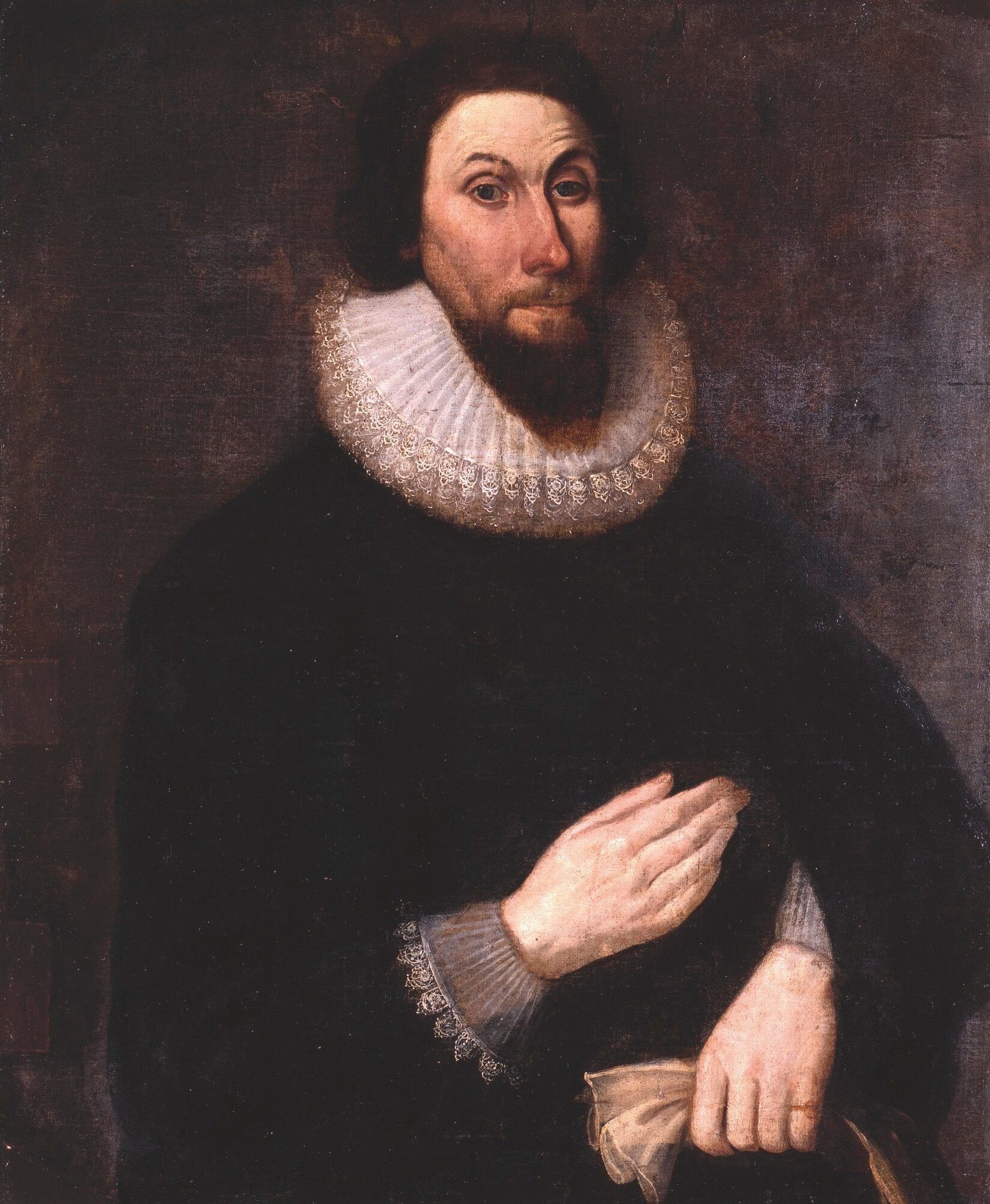
Above: John Wintrop (1587 – 1649), Massachusetts Bay Colony Governor
To be an American writer meant being able to share that sense of purpose, those expectations, and to flatter yourself that you were helping to shape it.
Nobody expects anything out of Belgium.”

Above: The flag of Belgium
(Kevin Baker, “The America we lost when Trump won”, International New York Times, 23 January 2017)
Now this opinion piece annoyed me on many levels…
The suggestion that America has shaped history rather than being affected by it like everyone else…
That there is nothing to be expected of value outside of America…
That its present domination of the world means that only America has a claim to the concept of exceptionalism…
And though I understood Baker’s disappointed feeling that the spirit of America has indeed changed with the arrival of Donald Trump on the political landscape, his opinion piece, albeit perhaps unintentionally, comes across as arrogant and prejudiced.

Above: Donald Trump (b. 1946), 45th President of the United States
Baker clearly needs to travel more beyond the shores of America, to see America through road-experienced eyes, to explore the world beyond the Holiday Inn and the B & B, longer than a two-week vacation or a weekend getaway.
For as much as it is admirable and understandable to celebrate one´s country…
As much as it is necessary to pick critically through one´s homeland´s history, even to the point of scourging the nation for its faults by exposing the worst of its contradictions and betrayals…
One´s love for one´s country should not blind us to the reality that our love for a country, our disappointments, expectations and dreams are not exclusive to us alone.
Our barometer of measurement, our claims to the possession of a moral compass when comparing ourselves with others, should not be based solely on a life only lived within our borders.
Though nations are individual, no one nation is exceptional.
There are more things in heaven and earth, Horatio,
Than are dreamt of in your philosophy.
(William Shakespeare, Hamlet, Act One, Scene 5, Lines 167 – 168)
Above: William Shakespeare (1564 – 1616)
What I have had to learn, what time and experience have taught me, is that we need to learn to appreciate what is where we are.
And that requires exploration and comparison and interaction, whether those discoveries are made at home or abroad.
When I once again read my journals from past travels, I am struck by how much I really didn´t know or understand, for my observations were restricted by my discomfort in exploring viewpoints other than my own.
Wherever I went, there I was.
I was not seeing Brussels as it was.

I saw Brussels as I was.
And in this I find myself drawn once more to Charlotte Bronte’s experience in Brussels.
She saw Brussels as she was, not as it was.
(For the back story and background of both the Brontes and your humble blogger, please see:
Wooden Soldiers and Little Books
Canada Slim and….
- the Teacher’s Travels
- the Days Confused
- Last Year’s Man
- A Matter of Perspective.
Brussels, Belgium, 15 February 1842
It was a dull grey day.
The avenues were almost deserted.
The branches of the trees bare against an overcast sky.
Three weary travellers – a tall white-haired clergyman and his two daughters, young women in their twenties – could be seen walking down the Rue Royale.

The younger and taller sister had a dreamy look, as if she found her own thoughts as interesting as the sights of this strange city.

Above: The Bronte sisters, Anne, Emily and Charlotte (Anne remained in England.)
The elder, plainer and smaller sister noticed everything, storing it up for future use.
They walked to a little square opposite a park where a statue with the name “General Belliard” stood at the top of a long, steep and dark stairway.
Below was a quiet street at a much lower level and parallel to the Rue Royale, the Rue d’Isabelle – narrow with neat symmetrical rows of modest houses.
The trio stopped at a large building with tall windows.
A brass plate on the door announced “Pensionnat de Demoiselles Heger – Parent”.
Reverend Jenkins, the British Chaplain in Brussels, presented the trio to the directoress Madame Heger.
“Madame Heger, this is Mr. Bronte and his daughters Charlotte and Emily.”
Charlotte felt that “Brussels is my promised land”, “a beautiful city”.
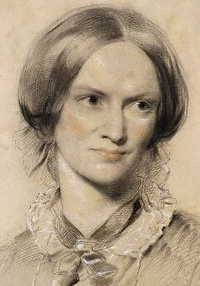
Above: Charlotte Bronte (1816 – 1855)
Charlotte wrote to Emily after the younger sister returned back to Haworth:
“I have tramped about a great deal and tried to get a clearer acquaintance with the streets of Bruxelles…
I go out and traverse them sometimes for hours together.”
Brussels, Belgium, 9 November 1996
Day Six in Europe, Day Four in Brussels and Belgium
A “grand bataille” with “Zoé”.
I dislike being ordered about, yelled at and being called “stupide” when I don´t respond to all her wishes immediately.
(Only years later would I realise that her “stupide” meant “silly”, not “lacking in intelligence”…or put another way I was stupid about “stupide”.)
During the visit to a brewery exhibit, tensions erupt.


I quickly vacate the premises, enraged, irrational, seeking escape.
At the SNCB (Belgian Railways) Bruxelles Centrale station I enquire about trains to Oostende – two every hour, journey of 1 hour, 45 minutes.
The train seems to be the best option to get to Oostende and a ferry to England and much preferred to Zoé’s chauffeuring me to the sea.
For reasons I don´t fully understand myself, I hesitate and don´t buy this ticket, this final gesture of farewell to her and her city.
I wander the streets, self-righteous in my fury, blind to my surroundings.
Brussels, Belgium, 15 February 1842
So, what brought the Brontes to Brussels?
Charlotte was 25, Emily 23.
A few years later they would write two of the world´s best-selling novels, Jane Eyre and Wuthering Heights, and they had since childhood always been compulsive writers, but they knew they had to earn a living and contribute to the family finances as their father was a poor clergyman and their brother could not be relied upon as he was never able to hold down a job for long.

Above: First edition of Jane Eyre by Currer Bell (Charlotte Bronte)
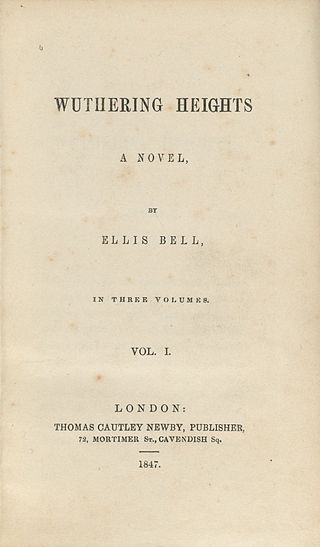
Above: First edition of Wuthering Heights by Ellis Bell (Emily Bronte)
Charlotte and Emily dreamed of being published writers, but the only paid work open to the girls was teaching or as governesses.
They had tried the latter, but they had not enjoyed the experience.

They were unhappy with the former for they became homesick whenever separated and away from their home in Haworth.
Above: Bronte Parsonage Museum, Haworth, Yorkshire, England
Charlotte saw a possible solution.
They could open their own boarding school in Haworth.
While working as a governess in September 1841, Charlotte wrote home to her aunt about this project and about an idea suggested to her by the experience of her friends Mary and Martha Taylor who were improving their languages at a Brussels boarding school.
And Charlotte had another reason for seeing Brussels as her promised land.
After years confined to schoolrooms doing a job she hated, Charlotte was restless.
Her youth was going by and she had seen nothing of Life or the world.
Charlotte longed to experience the culture of a European city as Mary and Martha were doing.
She felt “such an urgent thirst to see – to know – to learn”. (Letter to Ellen Nussey, 7 August 1841)
Charlotte dreamed of romance…of a real life hero to take the place of the ones that had so far existed only in her imagination – in the books she read and the stories she wrote.
From the start Charlotte planned to take Emily with her, for even though Emily was always the most homesick of sisters when away from Haworth, she was still Charlotte’s favourite sister.
They would board at Madame Heger’s Pensionnat de demoiselles, attending classes with other students, receiving special instruction in French.
A deal was later struck with the Pensionnat that the sisters would receive tuition and board in exchange for teaching some lessons.

Brussels, Belgium, 9 November 1996
I wander the city asking myself why am I in Brussels.
I had searched for employment as a teacher in the Belgian capital, but was told that I was unemployable as I lacked the ability to converse in both Flemish and French and I lacked employment documents.
So I would be forced to be financially dependent upon Zoé.
At 30, I too felt my youth was going by, but unlike Charlotte I had already experienced much of Life and had explored much of Canada and the United States, but I too still possessed an urgent thirst to see more of the world outside an Anglo North America, a hunger to know things outside of my own experience, an itch to learn so much more than books and previous travels had taught me.

It was my very first time in Europe and I had only briefly visited Paris before coming here to Brussels.

Above: Tour Eiffel, Paris, France
I had enjoyed my romance with Zoé when she had lingered in Ottawa, Canada, the previous year.

Above: Parliament Hill, Ottawa, Ontario, Canada
We were exotic to one another, she a Belgian in Canada, I an adventurer whose tales of past exploits excited her passions.
She represented a continent I had always longed to see.
I was a strange but wonderful souvenir she had discovered in a foreign land during an extended vacation.
When Zoé met me I was living and working in a youth hostel, simultaneously a part of normal Canadian life yet living the life of an international traveller.

Above: Ottawa International Hostel (formerly the Carleton County Gaol)
In Brussels Zoé struggled to find her footing and romance needed to be tempered with the grim realities of earning a living.
But a romance a year past and an ocean away had transformed Zoé and I from intimate strangers to awkward companions whose differences now seemed more pronounced and unsettling.
Zoé had successfully drawn me to her and her home city and was determined to hold me within her grasp.
But I had just escaped my homeland and wanted to explore more of Europe than just the inside of a Brussels apartment.
Zoé saw me as a romance finally realised.
I saw her as a well-intentioned jailer, albeit with benefits.
And leaving her side felt more of a relief than a heartache.
I find my feet have wandered where they should not tread.
Without intending to, I am in a red light district, an area with lots of bars, sex shops and window display girls waiting for their customers in tantalizing postures wearing little to no fabric.
What the hell am I doing here?

Brussels, Belgium, July 1842
“I don’t deny that I sometimes wish to be in England or that I have brief attacks of homesickness, but I have been happy in Brussels because I have been happy in Brussels because I have always been fully occupied with the employments that I like.” (Letter to Ellen Nussey, July 1842)
In the Pensionnat, Charlotte and Emily studied diligently, attending lessons with 90 other girls and writing homework assignments and essays for Constantin Heger, the headmistress’s husband, who taught literature and French.
The Brontes were much older than the other students and though they were always together they felt “isolated in the midst of numbers” although they were not the only foreigners studying there.
Like expats and immigrants today who have trouble integrating in the host culture, Charlotte and Emily suffered from a fair amount of culture shock.
They in fact made no attempt to integrate.
They sought friends only among their English connections in the city.

The other girls found them odd.
They were particularly struck by the strange appearance of Emily who never followed the fashions.
Emily left no written record of how she felt about her stay in Belgium, but writing after her sister´s death, Charlotte said that Emily failed to adjust to Brussels.
“Emily was never happy till she carried her hard-won knowledge back to the remote English village, the old parsonage house and desolate Yorkshire hills.”
If Emily left no record of what she thought of the Pensionnat, Charlotte recorded her own feelings about it all too thoroughly.
In her letters and novels Charlotte hardly had a good word to say about anyone in the school.
She was dismissive of Belgians but did not spare other nationalities either.
Charlotte found both the girls and teachers lacking in principle, feeling and intelligence, insincere, frivolous and dull.
Charlotte’s analysis was simple.
They were foreigners.
Brussels, Belgium, 9 November 1996
With the notable exception of Zoé I confess to knowing little of the sexual life of the Belgians.
I had not seen the 1994 film La vie sexuelle des Belges, so much like famed Flemish director Jan Bucquoy’s autobiographical film, despite my travels I have remained mostly a clueless young bumpkin who tries to keep up with the times but always manages to be a few frustrating steps behind and I find myself far too often in decidedly dark and unglamourous settings in whichever country I am in.
Life can be at times far too anti-climatic and at times the life of my imagination is fuller with fantasy than my reality is.
And though many an opportunity has arisen when I could have freely sampled the fruits of the forbidden, I have often remained a passive outsider.
I claim neither to be a great lover nor a passionate person, but nonetheless I have always found meaning to life to help me cope during the mundane moments of reality.
But forbidden fruit does not appeal.
The only thing alluring and forbidding that I want to experience in Brussels is a magnum of Belgian beer out of over 800 types to choose from… and a huge dish of moules et frites (mussels and fries).

I pass a number of establishments advertising peep shows.
But I don´t go in, yet I wonder who does go into these places?
Foreign businesspeople?
Students on EU work placements?

Members of the European Parliament?
Would someone like “the Muscles from Brussels”, JCVD (Jean-Claude van Damme) have frequented such places?

Above: Jean-Claude Van Damme (b. 1960)
Wordplay flits through my thoughts.
Brussels…where one can find sax and violins…
(Adolphe Sax, the inventor of the saxophone, came from here.)

Above: Adolphe Sax (1814 – 1894)

Above: A modern saxophone
(At the time of my 1997 visit, violins seemed the buskers’ instruments of choice.)
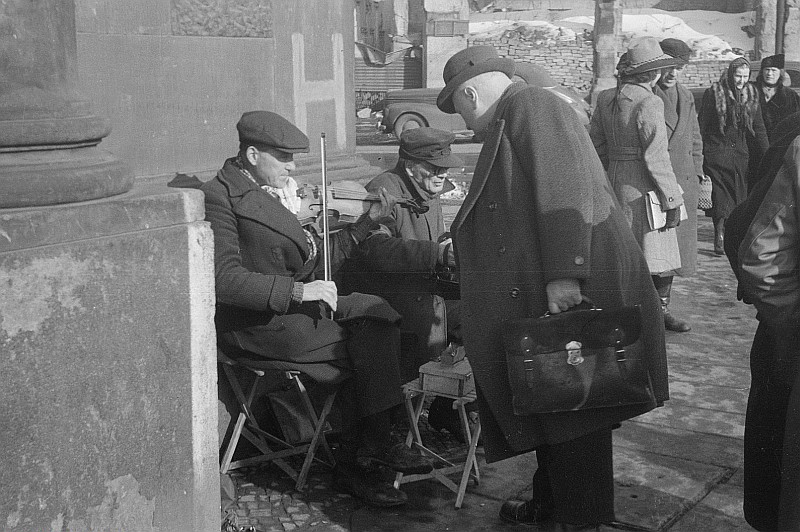
…as well as sex and violence (its districts and JCVD).
I return back to Zoé’s apartment inspired by the day´s wanderings, but I soon feel ill at ease afterwards.
I miss the independence and solitude of travel.
I hate my physical and financial dependence upon Zoé.
I ask myself if I feel this way now, how would this feeling improve if I remain longer, or if I return back to her after visiting England as I had planned?
Zoé offers me security, love, stability and European citizenship.
And yet all I want to do is flee in panic and haste…
Brussels, Belgium, Spring and Summer 1842
Emily pines for home and Haworth, but Charlotte feels contented.
Charlotte loves the French language and enjoys being a student again rather than trying to be a teacher.
She has fun watching the city´s people and their customs.
Charlotte loves the odd but pleasant foreign sauces, slices of tartines or tasty pistolets at breakfast, pears from the Pensionnat garden stewed in white wine, couques / koeks from the cake shops.

And the religious fêtes filled with bouquets of flowers…
And taking exercise in the Pensionnat’s walled garden with its berceaux covered in vines, row of pear trees and the Allée Défendue – the path that was out of bounds to the demoiselles because on the other side of the garden wall is a boys’ school, the Athénée Royal…
Everywhere Charlotte wanders, there are offerings of new sensations and impressions.
And although Charlotte’s comments often sound like those of any grumpy foreigner abroad, convinced that everything is better back home, Charlotte’s stay has changed her forever.
Though she regards everyone in the Pensionnat as despicable, with the exception of herself and Emily and some of the other English students, she makes an exception of Constantin Heger, the sole man in residence.
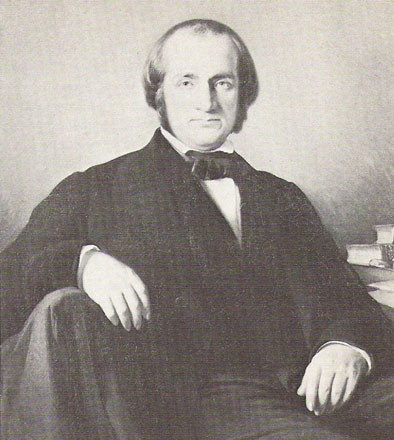
Above: Constantin Héger (1809 – 1896)
Constantin made a strong impression on Charlotte right from the start.
Belgians seemed to her to be phlegmatic, emotionless and pedantic, more considered about appearances than passions, unthinkingly obedient rather than individualistically expressive, “with blood too gluey to boil” (Letter to her brother Branwell Bronte, 1 May 1843).
The Pensionnat had been started by Mme Heger and by the time the Brontes arrived, she had been married to Constantin for five years and had three children.
Madame was 37. Monsieur was 33.
Charlotte envied Madame, for she had everything Charlotte desired: beauty, employment that gave her fulfillment and a happy personal life married to an inspirational schoolmaster.
To Charlotte, Constantin “fumed like a bottled storm”, whose “bark was worse than his bite”…
“Well might we like him, with all his passions and hurricanes, when he could be so benignant and docile at times…” (Charlotte Bronte, Villette)
Constantin would be the inspiration for the moody Mr. Rochester in Jane Eyre and Villette‘s Monsieur Paul.

Above: First edition of Villette by Currer Bell (Charlotte Bronte)
Heger was a talented teacher who worked on his students’ emotions to make them more receptive to the beauties of literature and Charlotte enjoyed being tutored by him.
Charismatic Constantin had a huge love of language and literature and could engage with Charlotte intellectually.
Equally attractive for Charlotte was his personality, for like many inspirational teachers Constantin was eccentric and temperamental.
Yet despite his eccentricities Constantin was still quite conventional – a family man, a man of social distinction, a devout Catholic, highly respected.
Charlotte was none of these things, and though Constantin cared for her as any good teacher would for those under his tutelage, a chance for romance reciprocal was impossible.
But without having felt the promise love, could Charlotte have been able to write of love?
Her first year in Brussels, with Emily by her side, had been for Charlotte a remarkable and inspirational year.
The death of their aunt Elizabeth Branwell in October 1842 forced them to return to Haworth.
Charlotte and Emily were asked to return to Brussels as they were regarded as being competent and needed as English (Charlotte) and music (Emily) teachers.
Emily chose to remain in Haworth.
Charlotte returned alone to Belgium in January 1843.
This would be a decision both the Pensionnat and Charlotte would regret…
Brussels, Belgium, 10 November 1996
“Belgium remained a battlefield, with tension growing, which would eventually lead to a partition dividing the country.”(Lonely Planet)
Much like Charlotte Bronte, Zoé uses immoderate language about people who have intrigued and attracted her.
But like any recipient of said language an understanding of this hidden intrigue and attraction by the offender is not immediately evident.
This evening I have made a difficult decision.
Tomorrow I will leave this slug-infested apartment behind.
Even though Zoé is a woman of many virtues, her nature is simply incompatible with my own.
And the day had started out so well…
(To be continued…)
Sources: Irene and Alan Taylor, The Assassin’s Cloak: An Anthology of the World’s Greatest Diarists / The International New York Times / Wikipedia / Helen MacEwan, The Brontes in Brussels / Charlotte Bronte, Villette / John Sutherland, The Brontesaurus: An A – Z of Charlotte, Emily and Anne Bronte




